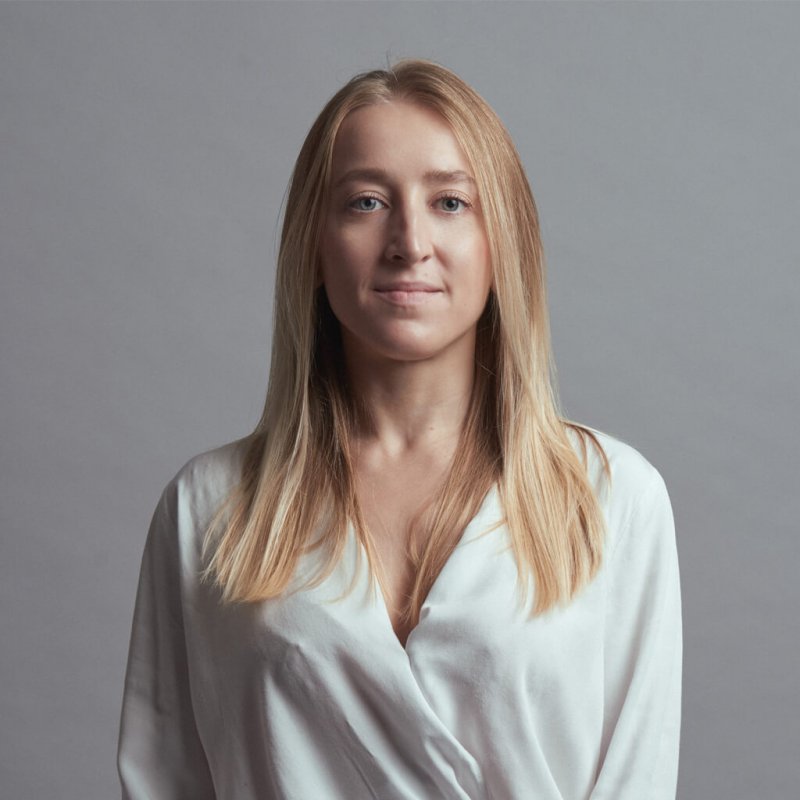New hope for erdheim-chester disease

Publication date: 05-09-2021
Updated on: 14-02-2023
Topic: Research
Estimated reading time: 1 min
Erdheim-Chester is an extremely rare onco-inflammatory disease with about 700 confirmed cases worldwide. It is difficult to recognize and to treat since available therapies have debilitating side effects.
In a study published in the prestigious journal Blood, an international group of researchers led by Giulio Cavalli, immuno-rheumatologist of the Immunology, Rheumatology, Allergy and Rare Diseases Unit of the San Raffaele Research Hospital, helped to unveil the mechanism of the cytokine storm origin that occurs in patients.
The discovery makes it possible to better connect two faces of the pathology, tumor and inflammation, and to create new therapeutic approaches.
What is Erdheim-Chester disease?
The correct term to describe it is “inflammatory myeloid neoplasm”. It is a clonal disease caused by an abnormal growth of a cell population. In patients with Erdheim-Chester myelomonocytic cells (type of immune cell) proliferate and infiltrate various tissues.
Since every tissue in the body can be affected, symptoms of the disease vary. The worst prognosis is related tocardiovascular, pulmonary, and central nervous system manifestations.
“However, neoplastic and invasive aspect of the disease is only one side of the coin. Many symptoms are not caused by proliferation of myeloid cells, but by inflammation that these cells cause, capable of damaging tissues and organs to the point of compromising their vital functions if in the absence of treatment,” explains Dr. Giulio Cavalli.
Macrophages are cells of immune system that play a fundamental role in innate immune response and are part of myeloid cells. In case of Erdheim-Chester, these cells behave dysfunctionally and release large amounts of cytokinesinto the blood and affected tissues, producing a severe state of inflammation.
Role of brafv600e mutation
Understanding why this occurs and what mechanism links mutations responsible for the disease to the pro-inflammatory activation of myeloid cells is essential for developing new therapeutic approaches. With this objective the research group focused on the study of oncogenic mutation BRAFV600E that is most often present in the infectedcells.
This mutation is common in many other types of cancer, including melanoma for which targeted anticancer drugshave been developed.
“These drugs are also the first line of treatment for Erdheim-Chester disease. Notwithstanding they are very effective in containing progression of the disease, they are very toxic,” Dr. Cavalli explains.
In face of a chronic pathology with which patients have to live for decades, it is no small problem. For this reason, research on the inflammatory mechanisms of the disease, which are still poorly understood, cannot stop.
Discovery of the San Raffaele researcher group
Studying cells from patients with Erdheim-Chester and from healthy donors, San Raffaele’s research group discovered that the BRAFV600E mutation, in addition to being a pro-tumor mutation (i.e. capable of promoting uncontrolled cell proliferation), is also a mutation able to activate a metabolic and inflammatory program in macrophages that should only start following a viral or bacterial infection.
“As it was demonstrated in the study, BRAFV600E mutation is directly responsible for the immunometabolic and inflammatory activation of myeloid cells. By introducing it into macrophages from healthy donors’ blood, we were able to reproduce inflammatory behaviors similar to those observed in Erdheim-Chester,” explains Dr. Raffaella Molteni, researcher on Dr. Cavalli's team and first author of the study.
New therapeutic perspectives
This discovery may have significant implications in the nearest future. In fact, there are drugs that are potentially capable of interfering with the activation of macrophages. One of these, called 2DG, is being developed by the group of Alessandra Boletta at the San Raffaele Research Hospital for treatment of polycystic kidney.
“If what we have found is further confirmed, then so-called immune-metabolism inhibitors could be an effective response for these patients, as far as they are able to curb the aberrant activation of macrophages,” concludes Dr.Giulio Cavalli.
This research is a valuable addition to fundamental contribution of San Raffaele Research Hospital to understanding of this rare orphan disease. Studies of the Erdheim-Chester disease began decades ago with discoveries of Dr. Marina Ferrarini, Prof. Lorenzo Dagna and Prof. Claudio Doglioni, who are also co-authors of the latest study.
Research of Dr. Giulio Cavalli's team was supported by the Italian Association for Research Against Cancer (AIRC). It has also earned a new prestigious funding from the European Hematology Association (EHA) which will allow the group to continue the study.
